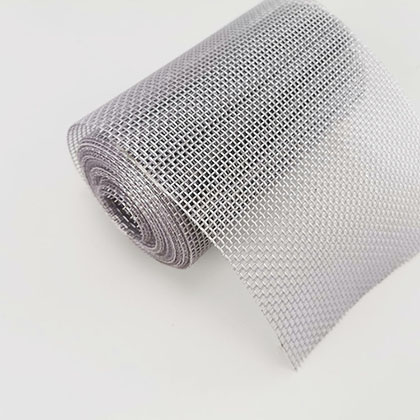Polyester screens are widely used in various applications due to their durability and versatility. Commonly found in construction, agriculture, and industrial settings, these screens provide effective filtration and protection. Understanding how long polyester screens last can help users make informed decisions regarding their maintenance and replacement.
Function/Advantage
The key benefits of using polyester screens include:
- Durability: Polyester is resistant to tearing and stretching, making it ideal for demanding environments.
- Versatility: These screens can be tailored for various applications, including sieving, filtration, and shading.
- Cost-Effectiveness: They offer a balance of quality and price, often providing a longer lifespan than other materials.
According to a study by the Technical University of Denmark, polyester screens can outperform other materials in terms of wear resistance and lifespan.
Detailed Description
Factors Affecting Lifespan
Several factors can influence the lifespan of polyester screens:
- Environment: Exposure to UV rays, extreme temperatures, and moisture can accelerate degradation.
- Usage: High-stress applications, such as heavy filtration, may shorten the screen’s lifespan.
- Maintenance: Regular cleaning and inspection can significantly enhance longevity.
Typical Lifespan Expectations
On average, polyester screens can last anywhere from 5 to 10 years, depending on their quality and the conditions in which they are used. High-quality polyester screens in controlled environments can exceed this range, whereas those exposed to harsh conditions may require replacement sooner.
Application Scenario
Common Applications
Polyester screens are utilized in various industries:
- Construction: Used for scaffolding and safety barriers, providing protection without sacrificing visibility.
- Agriculture: Employed in crop protection and filtration systems, helping to maintain soil health and water quality.
- Industrial Settings: Used in manufacturing processes for sieving materials and ensuring product quality.
A contractor in the construction industry reported that using high-quality polyester screens for safety barriers resulted in fewer accidents on-site, highlighting their importance in promoting safety.
Summary
In summary, the longevity of polyester screens is influenced by various factors, including environmental conditions, usage patterns, and maintenance practices. By understanding these elements, users can maximize the lifespan of their polyester screens and ensure optimal performance. Regular maintenance and timely replacements are key strategies for extending the life of these versatile materials.


